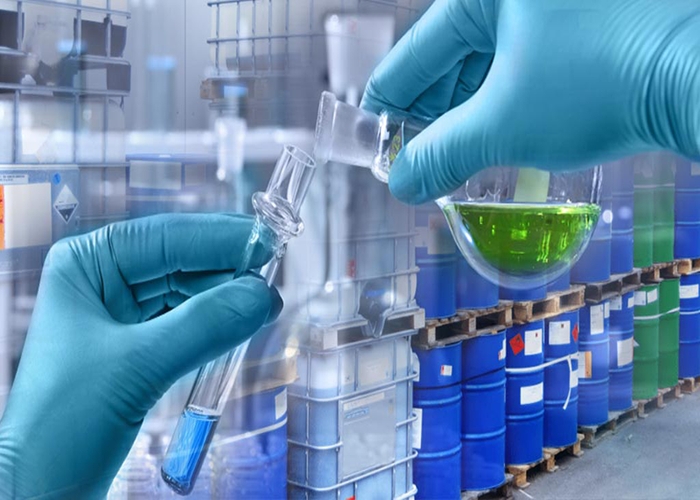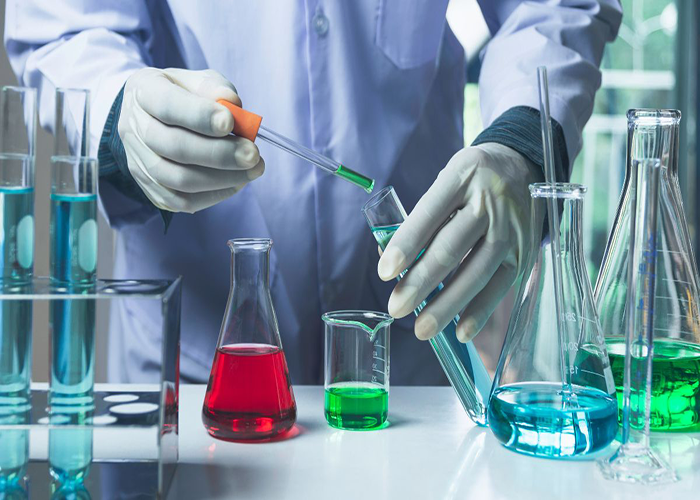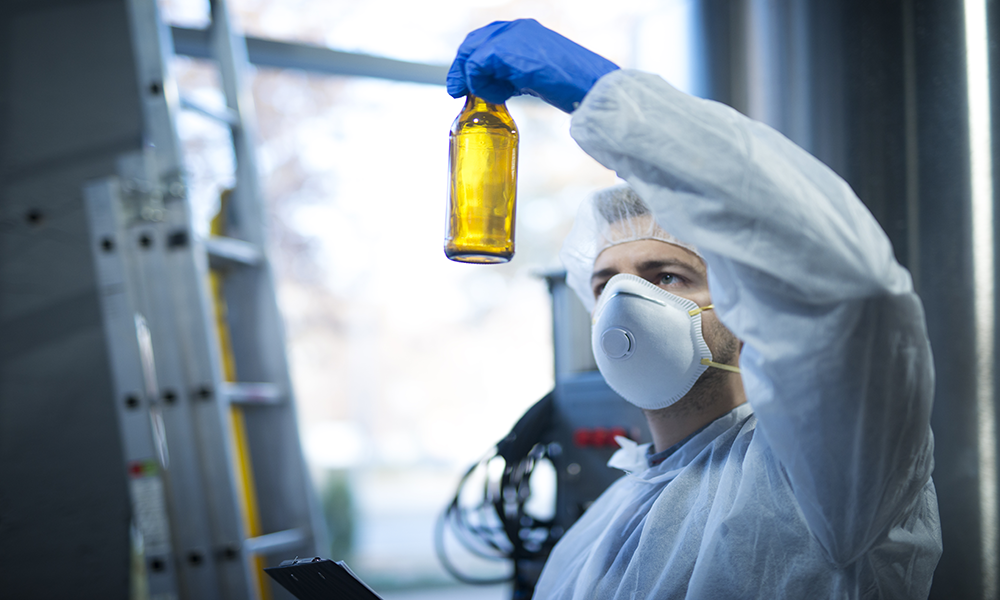Integrated Water and Wastewater Treatment Solutions for Chemical Industries Using STP, ETP, WTP, WWTP, Industrial RO Systems

India's chemical industry is one of the fastest-growing sectors, contributing significantly to the nation's GDP and export economy. It ranks among the top producers of chemicals globally, covering segments like petrochemicals, agrochemicals, dyes, specialty chemicals, and bulk intermediates. The sector is crucial for various industries, including textiles, pharmaceuticals, and agriculture.
Maharashtra plays a key role in this landscape, with well-established industrial zones in places like Mumbai, Navi Mumbai, Tarapur, and Lote Parshuram. These zones house numerous small, medium, and large-scale chemical manufacturing units. The growth of the industry in this region demands responsible resource use, especially in terms of water and wastewater treatment, to align with environmental regulations and public health standards.
Chemical Plants Require High-Volume Water for Processing, Cooling, Washing, and Solvent Dilution
Water is a fundamental resource in chemical manufacturing, used across various stages of production. It is required for raw material processing, chemical reaction control, cleaning of reactors and containers, and dilution of acids, alkalis, and solvents. Without reliable and high-quality water, product consistency and plant safety can be compromised.
Besides direct process use, water is heavily consumed in auxiliary systems such as boilers, scrubbers, cooling towers, and effluent neutralization. The nature and quantity of water usage depend on the type of chemical products being manufactured, making customized water treatment solutions essential to maintain efficiency and compliance.
Manufacturing, Cleaning, and Utility Operations in Chemical Units Produce Diverse and Hazardous Wastewater
Wastewater in chemical industries arises from a wide range of activities. Primary sources include process effluents from chemical reactions, wash water from equipment cleaning, and spent solvents from extraction units. Cooling water discharge, contaminated stormwater runoff, and maintenance wash-downs also contribute to wastewater load.
In chemical manufacturing, water is not just a process component—it is a safety and quality enabler. From precise formulation to system cleaning, every drop counts. Efficient water treatment ensures sustainable operations, environmental compliance, and safe working conditions in one of the most critical sectors of industrial development."
Many of these wastewaters are laced with acids, alkalis, organic compounds, heavy metals, oils, dyes, and toxins. The discharge is often non-biodegradable and presents serious environmental hazards if left untreated. These challenges demand robust, industry-specific wastewater management systems to avoid regulatory violations and ecological damage.
Chemical Industry Wastewater Contains Organic Toxins, Inorganics, Solvents, and High Chemical Oxygen Demand
The wastewater generated by chemical industries is diverse in composition, often containing hazardous and complex pollutants. It typically includes acids, bases, salts, synthetic organic compounds, surfactants, colorants, and oil residues. These can lead to high Chemical Oxygen Demand (COD) and Biological Oxygen Demand (BOD), making them challenging to treat.
In addition, trace heavy metals, pesticides, phenols, and persistent organic pollutants (POPs) may be present depending on the process. Such effluents are toxic and can harm aquatic ecosystems, contaminate groundwater, and affect human health if improperly managed. Specialized treatment systems are essential to neutralize and eliminate these threats.
ETPs and Advanced Biological-Chemical Systems Are Deployed to Treat Complex Chemical Wastewater
Chemical industries use Effluent Treatment Plants (ETPs) that combine mechanical, chemical, and biological treatment methods. Initial steps involve pH neutralization, oil separation, and coagulation-flocculation. Advanced stages include aerobic or anaerobic biological treatment and tertiary filtration through sand filters or activated carbon beds.
For heavily contaminated streams, technologies like advanced oxidation (AOPs), electrochemical treatment, and evaporation systems are used. Continuous monitoring is vital to meet Central Pollution Control Board (CPCB) discharge norms. Properly treated water may be discharged safely or redirected for non-potable applications, contributing to reduced freshwater dependency.
Membrane Systems, RO, and Zero Liquid Discharge Enable Water Reuse in Chemical Industry Operations
Chemical industries are turning to modern treatment technologies to enhance water recovery and sustainability. Reverse Osmosis (RO), Ultrafiltration (UF), Nanofiltration (NF), and Membrane Bioreactors (MBR) are commonly used to treat high-load effluents for reuse in utility operations like cooling and boiler feed.
Some facilities even adopt Zero Liquid Discharge (ZLD) systems, where treated effluent is entirely recycled, leaving no liquid waste. Automation and real-time monitoring systems are integrated for performance tracking and regulatory reporting. These innovations not only conserve resources but also improve the plant's environmental footprint and brand reputation.
We Provide End-to-End Water and Wastewater Solutions for Diverse Chemical Manufacturing Processes
We offer customized water treatment solutions tailored to the unique needs of chemical manufacturers. Our expertise includes designing and installing STP, ETP, WWTP, WTP, and RO systems. We begin with a detailed process audit, water analysis, and compliance evaluation to propose the most efficient and cost-effective setup.
Our systems are built for durability, minimal manual intervention, and ease of operation. We also offer turnkey installation, automation, AMC services, and remote support to ensure long-term reliability. Our mission is to help chemical industries meet operational goals while complying with environmental standards and reducing water-related risks.
Conclusion: The Chemical Industry Must Embrace Sustainable Water Management

Conclusion: The Chemical Industry Must Embrace Sustainable Water Management
The chemical sector's growing demand for water and the complexity of its wastewater streams require thoughtful and advanced management. In regions like Maharashtra, where the industry is densely located, responsible water practices are no longer optional—they're essential for compliance and continuity.
The chemical sector's growing demand for water and the complexity of its wastewater streams require thoughtful and advanced management. In regions like Maharashtra, where the industry is densely located, responsible water practices are no longer optional—they're essential for compliance and continuity.

